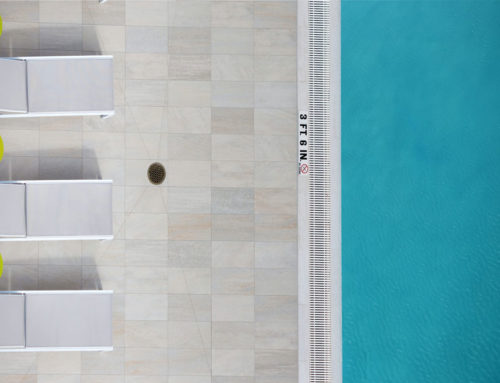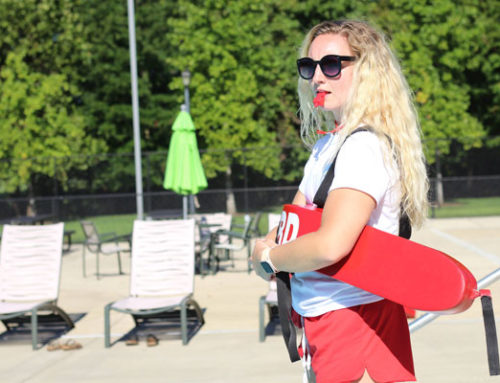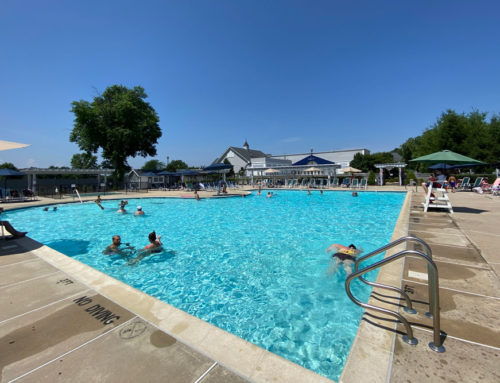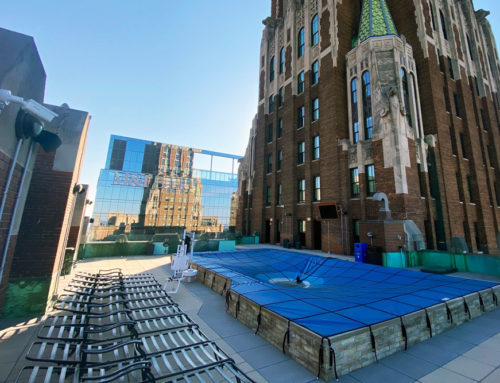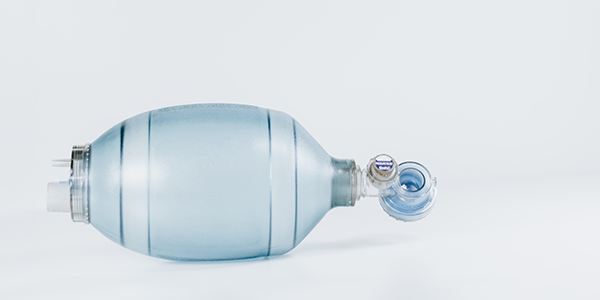
This is the fourth of four articles covering American Pool’s response to COVID-19 reopenings. We encourage you to read our other articles found here:
—
This summer, lifeguards are adjusting to additional facility requirements so that pools can continue to operate during the pandemic. It’s only fitting that we do our part to take care of them and ensure their safety as they return to work.
Training
We moved as much of our lifeguard training program as we could online in spring 2020. Guard for Life, our national lifeguard recruitment and training program, has been instrumental in the process. But there are still responsibilities to the job that need to be assessed in person.
Here are some of the extra steps we’re taking to ensure in-person training is a safer environment this year to protect against the spread of COVID-19:
- Smaller in-person class sizes
- Socially distanced instruction at a minimum of 6 feet
- Increased frequency of hygienic and sanitation procedures
- Minimized person-to-person and person-to-object contact
- All sick and/or symptomatic individuals are required to stay home
- Additional practice equipment to reduce/eliminate the need for sharing
Personal Protective Equipment (PPE)
Our updated procedures include new PPE response kits to combat heightened biological risks. This new equipment is included in a mandatory “COVID-19 Trauma Kit” for our client pools starting in 2020. This kit is separate from a standard lifeguard kit, but also increases the stock of protective items you find in a standard kit:
- Bag Valve Masks (one size each for both adult and infant)
- Disposable gown
- Face shield
- Protective goggles
- Viral filter, compatible with both CPR Masks and BVMs
On the Job
Lifeguards and facility staff will be responsible for maintaining 6-foot social distance as they move through the pool area.
However, all this doesn’t mean lifeguards should be responsible for monitoring the social distance of patrons in the water or on deck. The Centers for Disease Control and Prevention do NOT recommend that lifeguards be responsible for monitoring:
- Handwashing
- Use of face masks in communal areas
- Social distancing protocols
This is to ensure that lifeguards can keep their eyes on the pool; instead, another staff member should be responsible for communicating these rules to patrons.
It may take more work to prepare staff and facilities for operation this season, but your members and residents will thank you as the summer temperatures soar.

